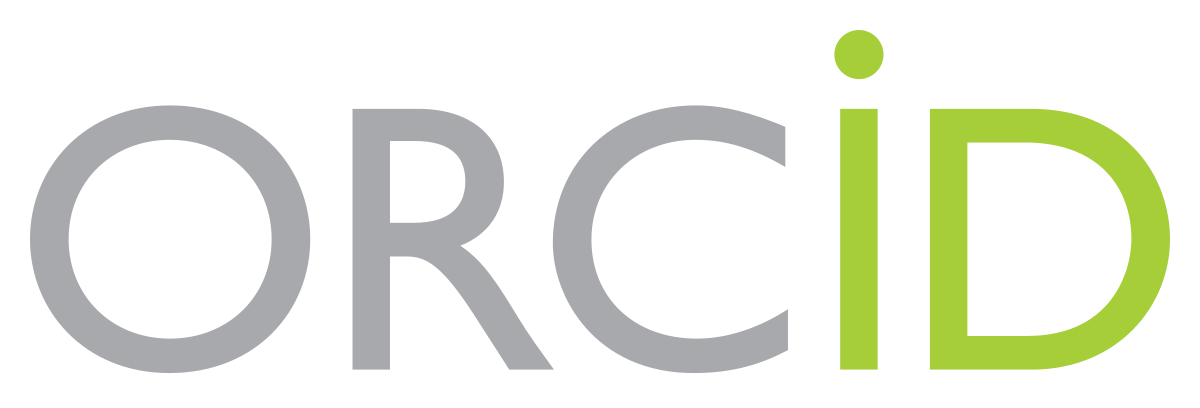LoRa-Enabled IoT-Based Smart Irrigation Systems: Water Resource Management and Efficiency
DOI:
https://doi.org/10.30855/AIS.2024.07.02.07Keywords:
Internet of Things, LoRa, Smart Agriculture, Smart IrrigationAbstract
Increasing population, climate change, and global warming are causing the world’s available water resources to decrease rapidly. Therefore, it is vital to use existing water resources efficiently. Developing technology offers promising solutions to overcome this issue. In this study, the design of the Internet of Things-based smart irrigation system, one of today's popular technologies, is presented. The presented system consists of IoT nodes divided into four different categories which are central node, irrigation nodes, sensor nodes, and control nodes. The central node, which controls all irrigation processes, collects data from irrigation and control nodes via LoRa communication modules. Sensor nodes transmit humidity information from their respective cultivation areas via Wi-Fi using the MQTT communication protocol. Irrigation nodes pre-process the data coming from the sensor nodes and transmit it to the central node, they also control the water valves going to the area to be irrigated and monitor the internal pressures of the water pipes. The control node, another node in the system, constantly monitors the water level of the water tank and manages the activation of water pumps. The user interface software which has a direct connection with the central node allows users to create, monitor, and update irrigation schedules. LoRa technology ensures reliable long-distance data transmission and enables the system to operate cost-effectively and energy-efficiently. Aditionally, The proposed system saves water and energy while optimizing irrigation needs according to plant types.
Downloads
Published
How to Cite
Issue
Section
License
Artificial Intelligence Studies (AIS) publishes open access articles under a Creative Commons Attribution 4.0 International License (CC BY). This license permits user to freely share (copy, distribute and transmit) and adapt the contribution including for commercial purposes, as long as the author is properly attributed.

For all licenses mentioned above, authors can retain copyright and all publication rights without restriction.











